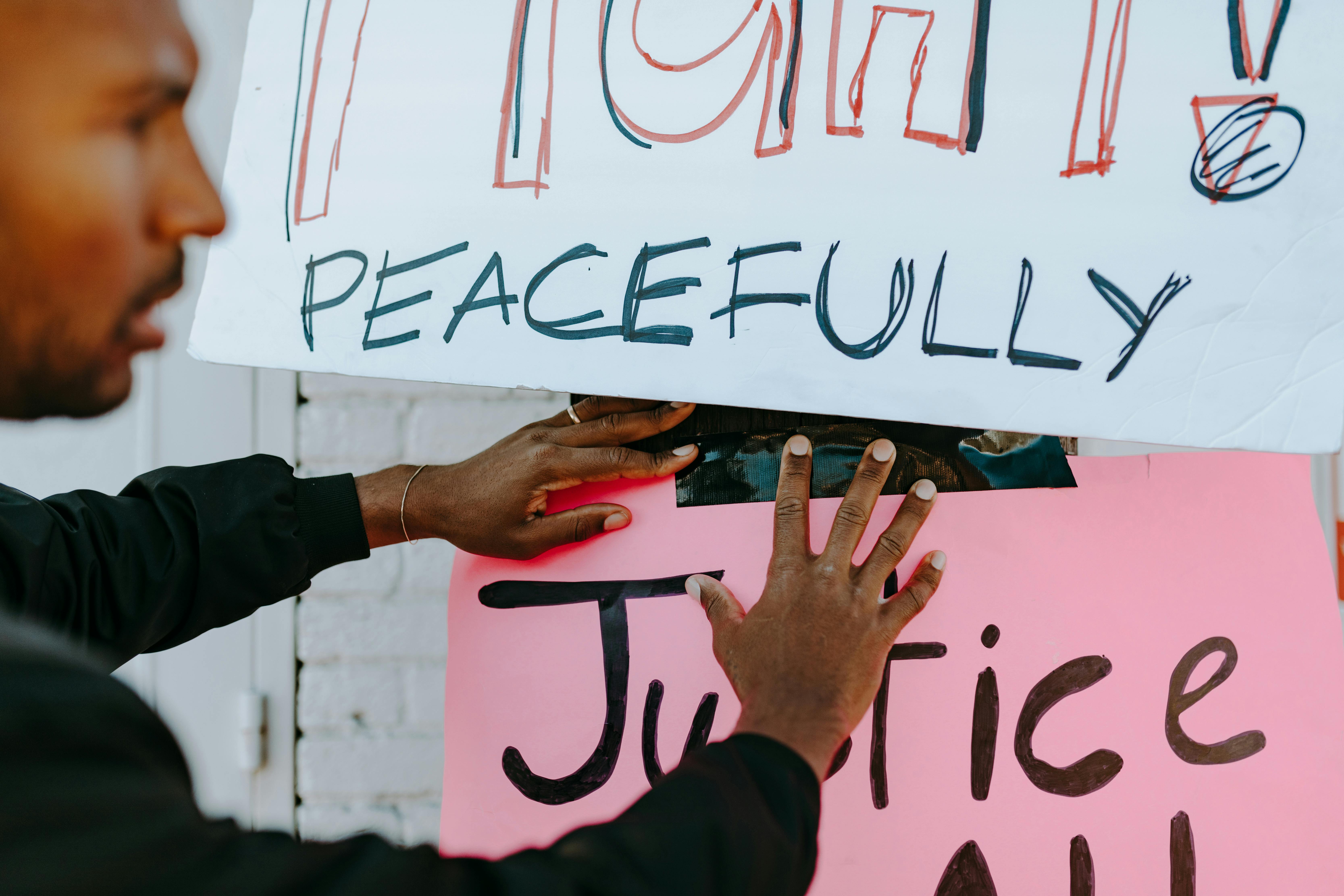Times are tough everywhere and many workers are pounding the pavement looking for their next job. For some of you it may have been a long time since you last had to do an interview; they are much more used to being on the other side of the table doing the interview. Well guess what: no matter how well you prepare, your best efforts can be undone by what your body is secretly telling the interviewer…
Why didn’t they call you back?
I can’t even begin to tell you how many job interviews I’ve done, left feeling good about how things turned out, and then sat by the phone waiting for a call back as anxious as a teen on a date night. before prom Hell, I half expected they would call me later the same day I interviewed saying that I was the perfect fit for the job and that I could start work the next morning. Well, that never happened.
Phyllis Korkki of the New York Times has done some digging into why sometimes those job interviews that IT leaders think we’ve nailed don’t go anywhere. If it’s any consolation, it turns out that we rarely botch an interview because of some big social mistake, like showing up in shorts and a T-shirt. No, our problems are much more subtle than that…
How to make your body behave during an interview
Korkki has discovered that in many cases what has been happening is that we have been sending the wrong signals to the interviewer. These signals are virtually invisible social mistakes or tricks that can get us rejected and someone else selected for the position.
“Tell me what I’m doing wrong, tell me what I’m doing wrong” I hear you say. Sorry, it’s not that easy. There is no social rules checklist you can follow to avoid making any of these mistakes. You already know the basics: always wear a suit no matter how casual the company culture is; You’re not on board yet, so you still need to dress nicely, be on time, be respectful of everyone you meet, etc.
In order for your body to actually help you get the job done instead of actively working against it, you need to do two things. First, he must activate his “spider-sense” and make sure he quickly grasps the company’s culture.
This starts when you arrive: what does your lobby look like: grand and imposing or modern and modern? The person who greets you first: what is he wearing? He is smiling? How fast is she moving? Do you speak in long sentences or just short bursts of words? As quickly as possible, you have to become a chameleon and adapt to the environment in which you find yourself.
The second thing you have to do is control your damn body language. As it turns out, this may be the hardest thing to do, and the most important.
What is your body screaming at the interviewer?
Yes, yes, you’ve done your research, you’re wearing a fancy suit, and your resume has been tweaked by four recent Nobel Prize winners in Literature. In the end it will all come down to what the interviewer “thinks” about you and that is something you can’t really define. If you could get inside your interviewer’s head, here’s what you might discover:
- Confidence: They want someone who is confident enough to get the job done without being too confident to annoy everyone they work with. How can you determine this? Well, your ability to get and keep eye contact is one way. Too little and you’ll come across as lacking in confidence, too much and you’ll be labeled overconfident.
- Communication: IT leaders are people who can clearly communicate their thoughts. To show that you are capable of doing this, you will have to watch your words: how you pronounce, what words you use and how you use them will all play a role. Clearly swearing won’t earn you any points here.
- Control: You are going to show that you can control the work, that it does not get the best of you. Since you’ve taken the time to research the company you’re interviewing with, you should be able to map what you’ve done for other companies with what this company is looking for for you. The key here is being able to succinctly show how you’ve made a difference at companies you’ve worked for in the past.
Question, question, I always have a question
What do you say when you get to that part of the interview when the interviewer starts to pack up his things, pauses for a moment, and then says in a casual, almost nonchalant way, “do you have any questions?” There are two mistakes you can make here: the first is not having any questions, and the second is asking the wrong type of question.
Not having a question is inexcusable. Look, there is no possible way that, as an outsider, you can fully understand how the company operates or exactly what they are looking for you to do.
The interviewer has taken time out of their day to talk to you, and you better show some appreciation by asking them something clever that shows you’ve been paying attention. Whatever you ask, make sure it shows that you have researched the company and are looking for ways to make it even more successful if you are hired.
The second mistake is almost as harmful: asking the wrong type of question. This can come in two different flavors. The first is the ultimate geek mistake: asking a question to which the interviewer has no possible way of knowing the answer.
Things like “I noticed that your dividend payment was a week later than usual in the third quarter of 1996, can you tell me why?” Great, now that you’ve made the interviewer look stupid, that should go a long way toward improving your chances of landing this job.
The other way it can go wrong is to ask a question that focuses on you and not the company: how much would you make, how many vacation days would you have, etc. There will be plenty of time for these types of questions later if they make you an offer.
final thoughts
In the end, a job interview is like a project. You have to convince the interviewer to support you and do what you want him to do (offer you a job). If you’re going to have any hope of success here, then you’re going to have to master the non-verbal part of the interview.
This can be done, but it is not easy. Practicing an interview with friends can be one of the most painful and uncomfortable things you’ve ever done, but at the same time it can be immensely rewarding. Good luck and make sure your tie is tied properly.




